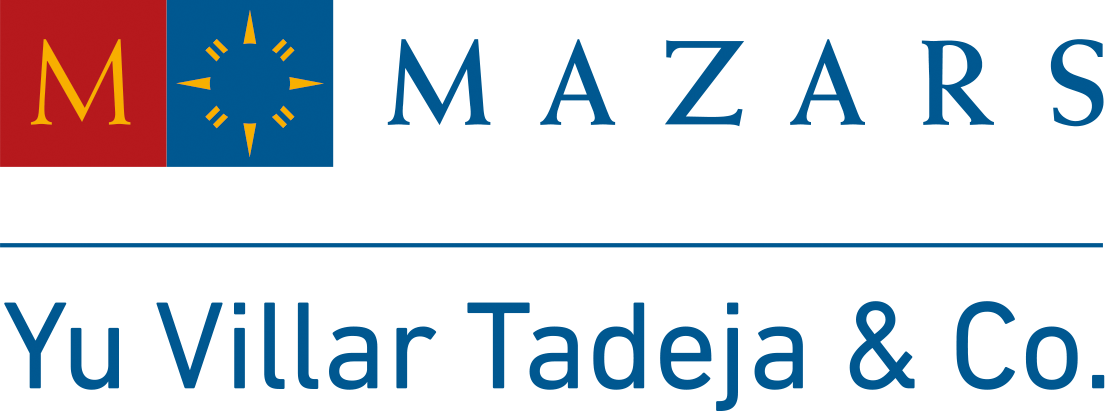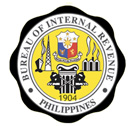News and Events » Number of workers raiding retirement funds rises
One-third of Millennials and Gen Xers have already used money for expenses, survey finds.
By Anslee Wolfe
August 7, 2017
More Millennial and Gen X employees are withdrawing money from their retirement plans than in prior years, according to recent research by PwC, a trend financial experts find concerning.
PwC's 2017 Employee Financial Wellness Survey found nearly one-third of workers in those generations had already made early withdrawals, while about half think they'll need to use money from retirement plans for expenses other than retirement.
"The main concern is that the retirement plans are being viewed as a place to park assets for any purpose," said Kent Allison, CPA, national leader of PwC's Employee Financial Wellness Practice. "This would be less concerning if employees were saving more than they need for retirement, but as our survey shows, that just isn't the case."
The research found that of the employees who think they will have to dip into retirement savings, the majority—51% of Millennials and 57% of Gen Xers—attribute that possibility to having to cover unexpected expenses.
"Most are woefully underfunded for retirement, and they are making matters worse by raiding their funds because they can't meet near-term expenses and other financial obligations," said Allison, who authored the survey.
Other reasons employees cited for pulling money from retirement plans:
Paying medical bills, 22% of Millennials and 18% of Gen Xers.
Paying off credit cards, 12% of Millennials and 11% of Gen Xers.
Paying for education expenses, 5% of both Millennials and Gen Xers.
Buying a home, 7% of Millennials and 3% of Gen Xers.
The survey, released in April, tracks the financial well-being of more than 1,600 adults who are employed full time in the U.S. Most of them defined financial wellness as freedom from financial stress and debt, as well as being prepared for emergencies. Very few defined financial wellness in terms of being able to retire when they want to.
"It shows that while employers have been so focused on educating employees on the need to save for retirement, their employees are more focused on addressing the things that would make them feel better today from a financial perspective," Allison said. "Naturally, both are important, and employers have to find a way to help employees meet their short-term financial needs and challenges while also putting enough away to be better prepared for retirement."
Withdrawing money early from retirement plans is one of the obstacles to financial well-being, according to the survey. It has both short-term and long-term ramifications beyond income tax ramifications and the 10% additional tax for some early retirement distributions.
The 401(k) plan was meant to supplement an employee's defined benefit pension plan, Allison said. But now many are using the 401(k) plan as the main vehicle to fund retirement as pension plans disappear.
"Unfortunately, because it is an elective plan that also allows for loans and withdrawals—features that a pension plan did not have—we are faced with the potential for a significant retirement savings deficiency," he said.
It is crucial that employees understand the importance of setting aside money for emergencies instead of depleting retirement plans, Allison said.
"The best solution to ensuring you will have enough to fund your retirement is still saving more, starting early, and keeping funds in the plan so you can enjoy the benefits of tax deferral and compounding," he said.
It sounds simple, but financial advisers can help hammer home the guiding principle, as Allison states it: "Generally speaking, the more you save, the less risk you have to take and the better the chances you will have the funds necessary to meet your retirement goal."
The survey showed employees are twice as likely to use their retirement savings early if they are stressed about their finances, impacted by student loans, or supporting a parent or in-law.
Other findings from the PwC research:
There was a particularly large rise in Millennials—ages 21 to 35—who had withdrawn money from their retirement plans, 35% compared with 21% in 2016.
The number of Gen Xers—ages 36 to 56—who had made early withdrawals rose to 32%, compared with 26% in 2016.
Many Millennials face cash-flow hurdles, strapped with student loan debts and not enough assets outside of their retirement funds, Allison said. Their retirement plans are often their sole source of cash.
While Gen Xers generally have built up some capital, they are a "sandwich" generation because in many cases they support not only their children, but their aging parents as well, Allison said. Many seek relief by raiding their retirement money.
"But in the end, they risk putting the next generation in the same position in that their children may have to support them in retirement if they don't have enough saved to support themselves," he said.
Experts fear withdrawing money early from retirement funds will be a growing issue unless people take steps to prepare for cash emergencies, Allison said.
"In order to address this issue, we have to get to the root of the problem and help employees manage their cash flow and debt better and emphasize the importance of preparing for the unexpected," he said.
SOURCE: http://www.journalofaccountancy.com/newsletters/2017/aug/workers-raiding-retirement-funds.html






